According to Associate Professor Dr. Phung Chi Sy, consumers should boldly give up the habit of using nylon bags and plastic bottles, open their hearts to recycled products for sustainable consumption and greener living.
Currently, each person in Vietnam produces an average of more than 1kg of waste per day - much of it due to unsustainable consumption habits. Meanwhile, the global food industry contributes nearly 30% of greenhouse gas emissions.

Quit the plastic bag habit
According to surveys by environmental and market organizations (such as WWF, Nielsen), although 80–90% of respondents are concerned about environmental issues, only about 30–40% of consumers actually apply green consumption to their daily behavior.
In particular, many people do not clearly understand the concepts of "green products" and "sustainable consumption", and often equate them with temporary movements.
According to Associate Professor Dr. Phung Chi Sy, green consumption is simply understood as choosing products/services that have low impact on the environment throughout the product life cycle from production, use to disposal. Sustainable consumption is using products and services that meet current needs, but do not harm the ability to meet the needs of future generations.
Sustainable consumer behavior creates a healthy and environmentally friendly lifestyle, not only contributing to protecting personal health, but also a practical way to keep the planet green. Small actions such as using personal water bottles, limiting disposable plastic products, choosing clean food need to be spread strongly, especially to the young generation, who will create the sustainable future of the country.
" Sustainable consumption, green consumption, and circular economy are not just trends, but inevitable trends for sustainable development. Sustainable consumption is nothing big, it is the use of products and services that meet current needs without harming the ability to meet the needs of future generations. That is reducing waste; prioritizing environmentally friendly products; reusing, recycling, and choosing responsible consumption, such as prioritizing local products, not testing on animals..." , Mr. Sy said.
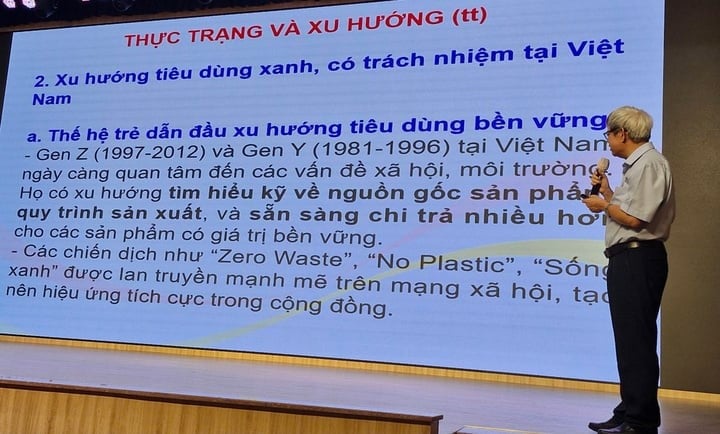
He added that to do this, it is necessary to change consumer behavior. Consumers need to understand that this is not a temporary movement or a slogan, but a process of transformation from awareness to action, requiring the synchronous participation of individuals, communities, businesses and the state.
"The simplest and most practical action is to get used to carrying a shopping basket to carry the purchased goods home. This basket must be used for a long time or at least reused several times or more.
Let's stop the habit of going to the market empty-handed and then bringing home a bunch of plastic bags. From meat, fish, vegetables, fruits, even fish sauce packages, we use plastic bags. If we go to the market like that every day, how many plastic bags will be released into the environment. Let's take action from the smallest consumer habits." Mr. Sy said.
Young pioneers of responsible consumption
According to MSc. Truong Nhat Khue Tuong, Lecturer of the Department of Nutrition, University of Medicine and Pharmacy, Ho Chi Minh City, sustainable consumption is also reflected in choosing a healthy lifestyle. The most important of which is green nutrition. It is an approach to food and nutrition that is health-oriented and sustainable, including choosing foods that are beneficial to health and have minimal impact on the environment.
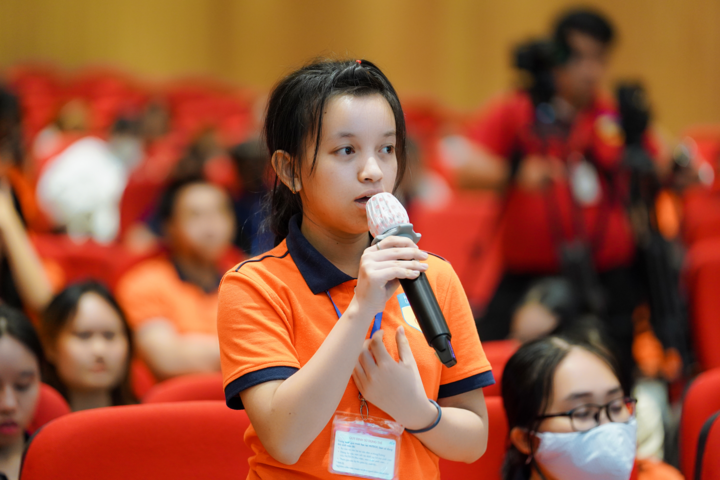
According to statistics from data and analytics company GlobalData, the trend of consuming organic and plant-based foods is increasing strongly. The global plant-based food market is expected to reach 95 billion USD in 2025 and will reach 162 billion USD in 2030.
According to a Nielsen study in 2024, about 65% of Gen Z consumers in Asia are reducing meat consumption. In Vietnam, many young people are also choosing a plant-based diet, eating vegetarian regularly or eating vegetarian. Reducing meat consumption and increasing plant products gradually and sustainably is the best way to maintain a healthy diet.
However, Dr. Khue Tuong recommends that consumers need to ensure adequate intake of starch, protein, green vegetables, fruits, and milk every day to reduce the risk of nutritional deficiencies. Vegans need to supplement their bodies with B12; should not eat fruit instead of starch, and should not skip breakfast.
"Choosing the right food, being responsible and consuming responsibly is a healthy way of living, keeping the environment green for the future", Dr. Khue Tuong emphasized.

Sharing with more than 200 students attending the Workshop, Dr. Huynh Ngoc Anh - Vice Principal of Ho Chi Minh City University of Technology, said that green, healthy and sustainable lifestyle is being actively spread by young people, in which the core force is students. This is also one of the importanteducational contents of the school.
Green economy, green technology associated with environmental protection, sustainable development have been integrated into the school's teaching and training of students. The purpose is to help the young generation understand and act for the environment in a practical and meaningful way.
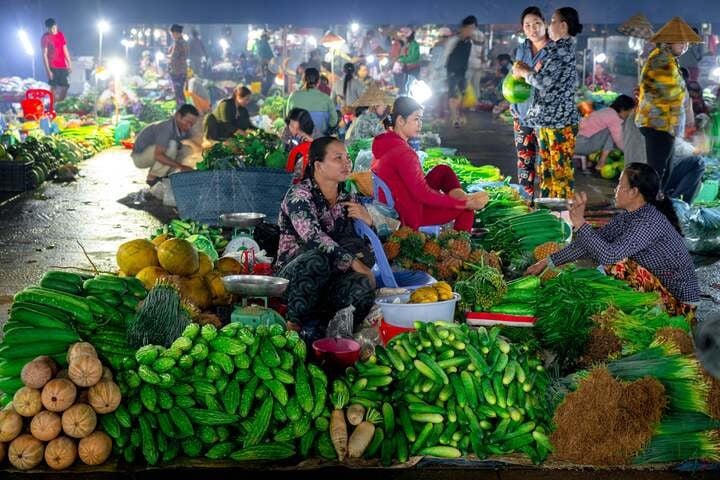
At the workshop, students openly and frankly shared their small but practical stories about actions for a green environment, such as riding bicycles, calling on the community to give up straws, bottles, plastic boxes, planting trees in the village...
Ngo Thi Quynh, a first-year student at HUTECH University, shared that young people like her are not afraid to be pioneers, but the most difficult thing is the fear of being discriminated against and judged when the majority of people around her still maintain old habits, making her meaningful actions seem "different".
Sharing with students who think like Quynh, Associate Professor Dr. Phung Chi Sy hopes that the younger generation will not be afraid of being pioneers and not be afraid of judgment. Be bold in changing and having your own opinions; together explain and mobilize the community to practice a sustainable lifestyle for a sustainable future.
Source: https://baolangson.vn/bo-thoi-quen-di-cho-tay-khong-mang-tui-nylon-ve-nha-de-song-xanh-hon-5050255.html


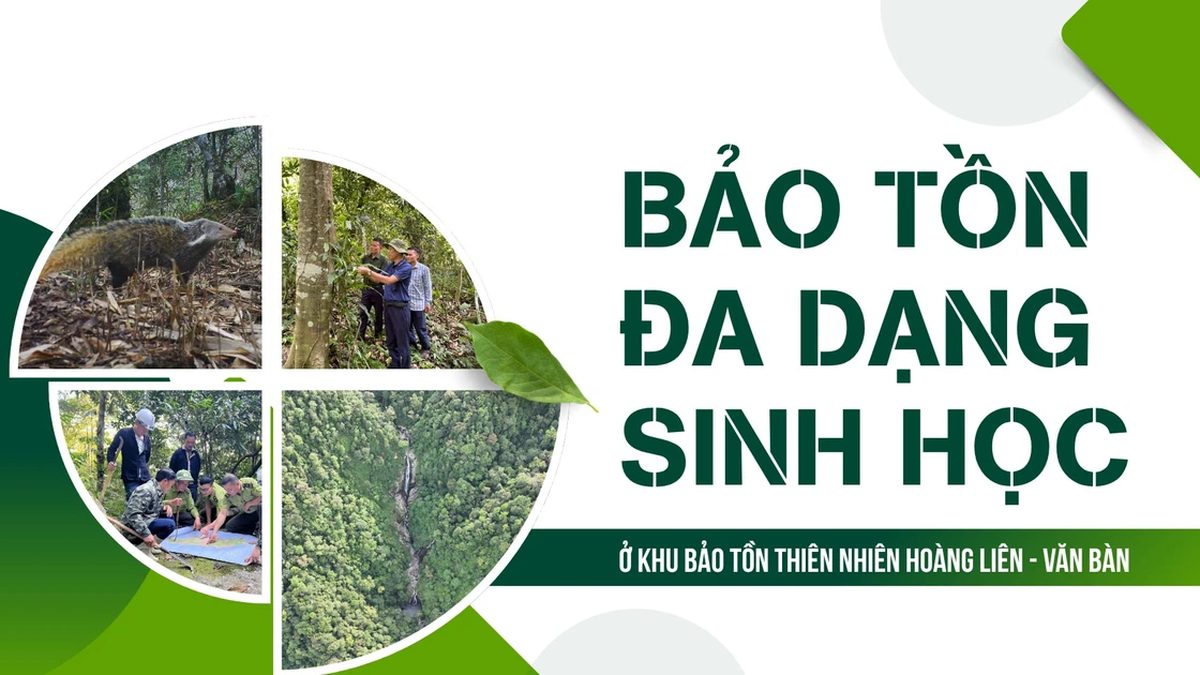

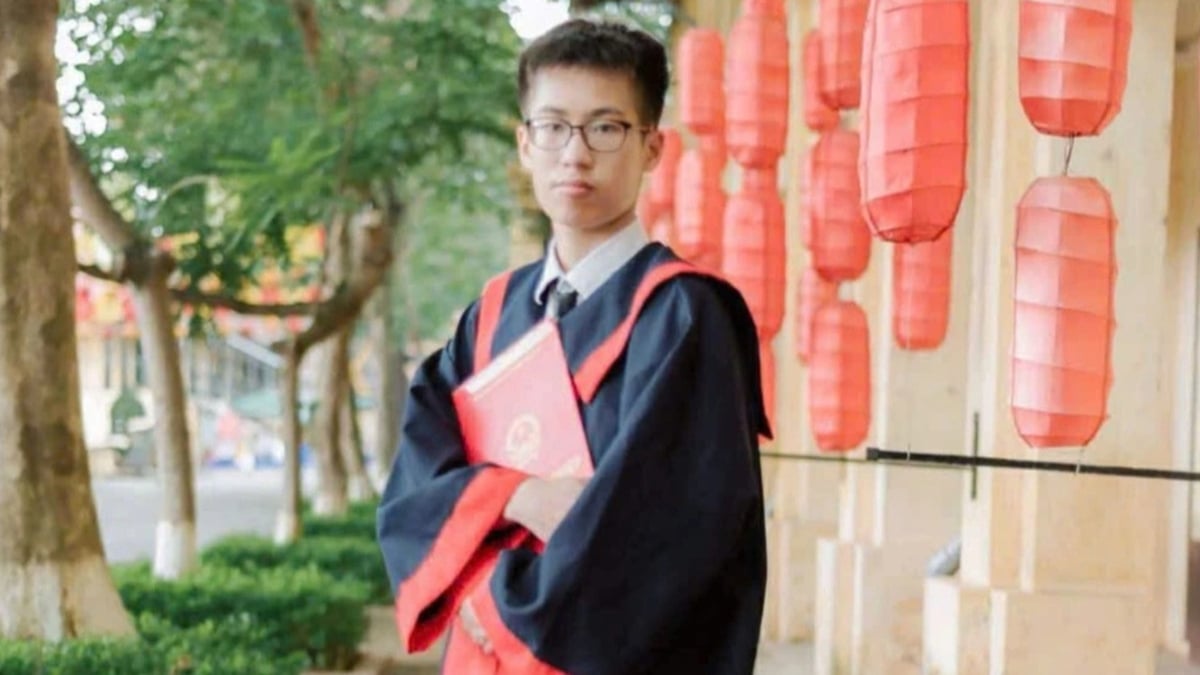
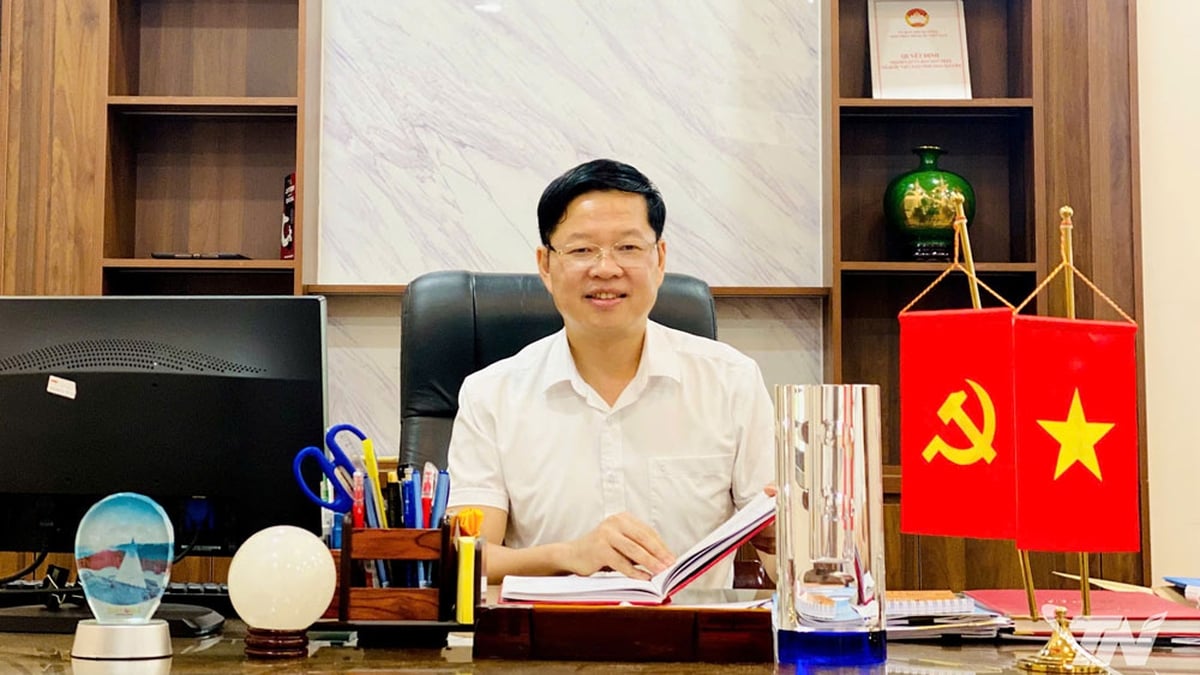
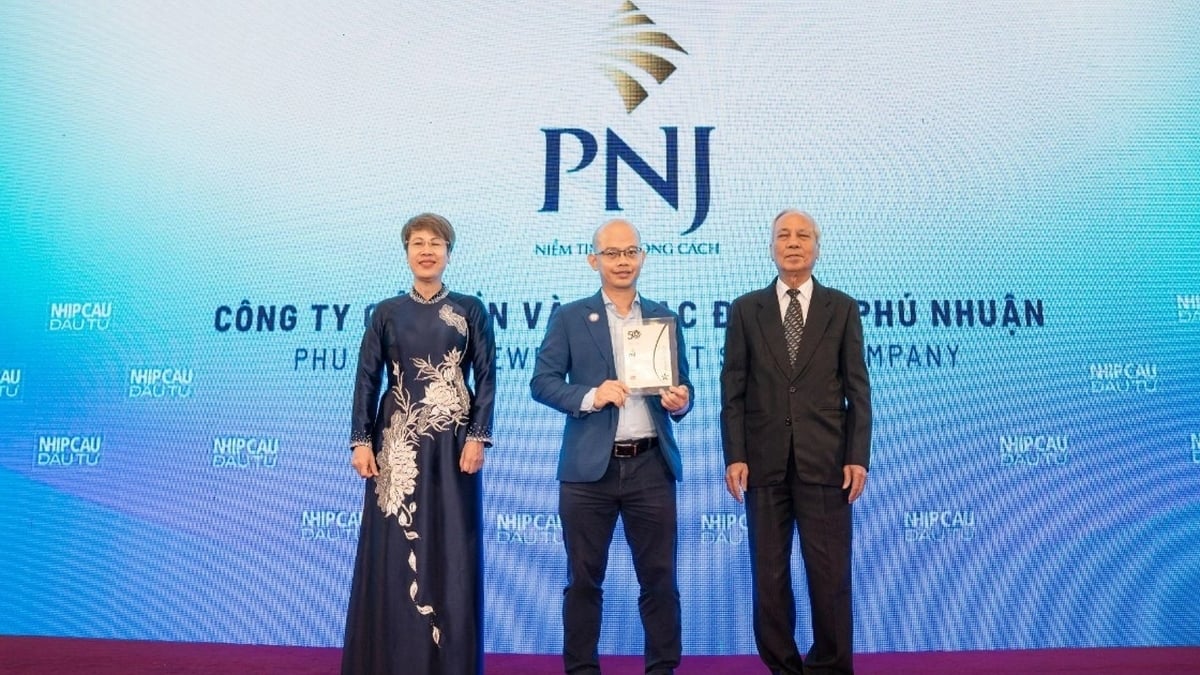
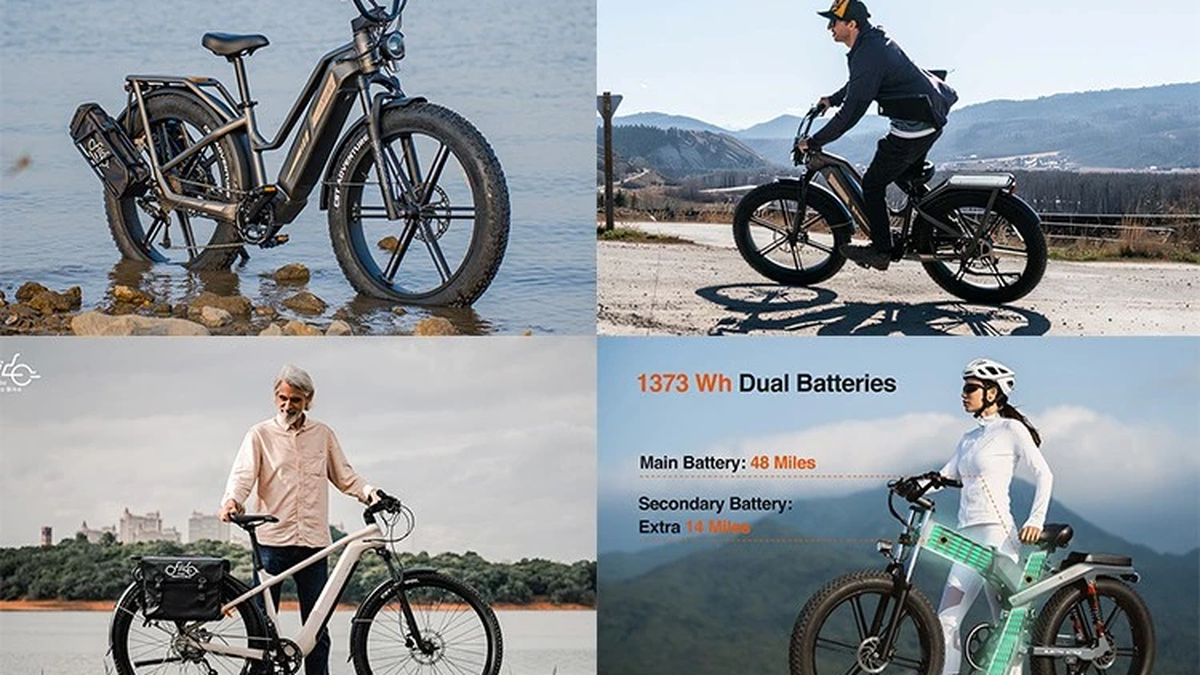
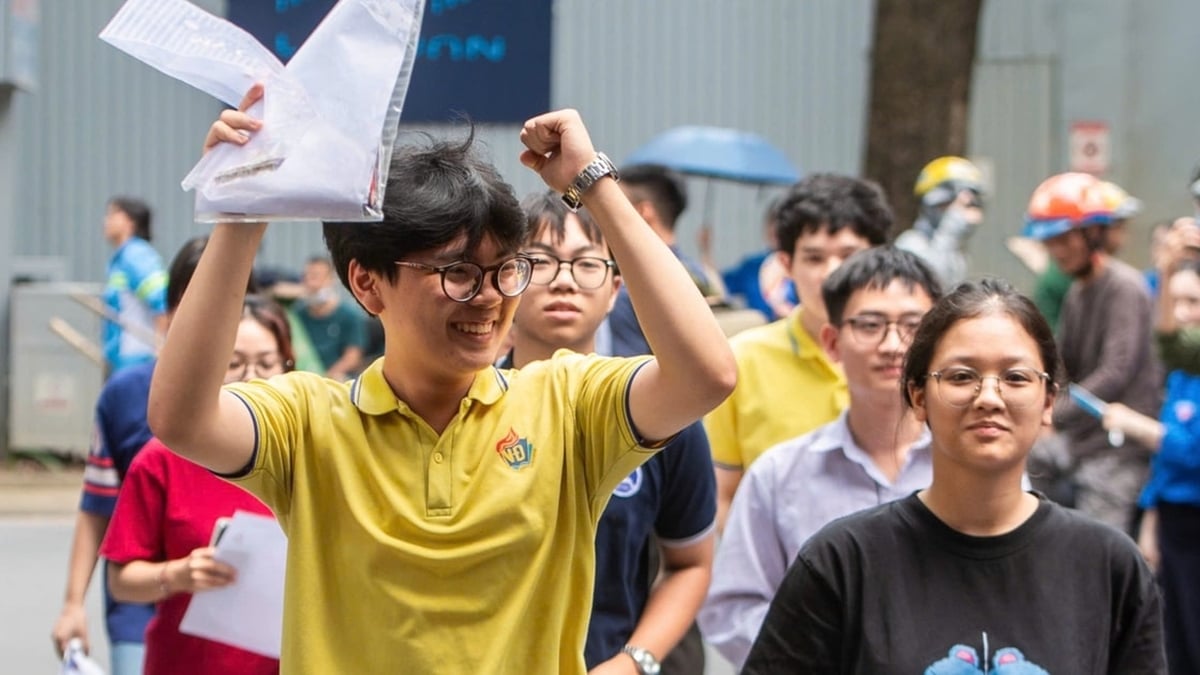



































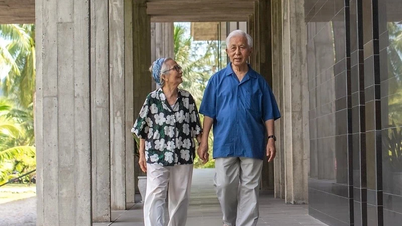









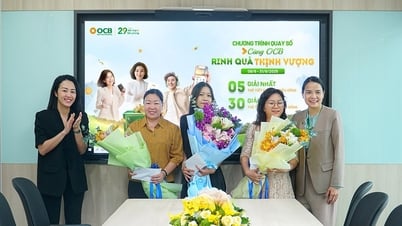





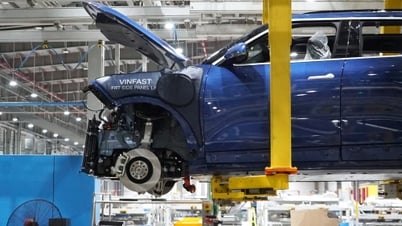
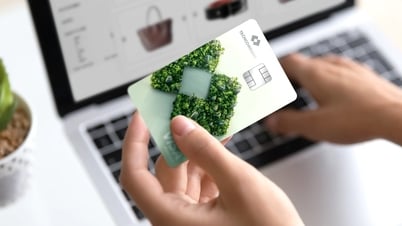





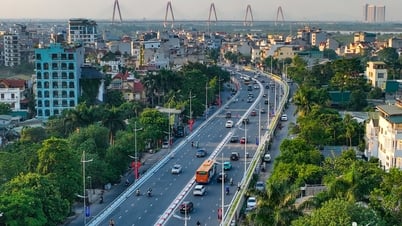





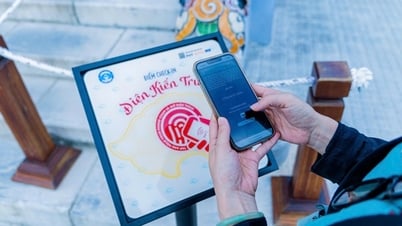

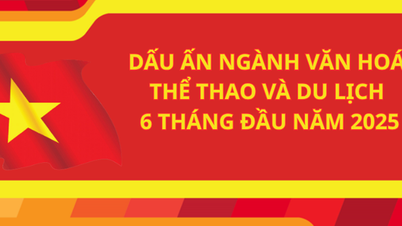
























Comment (0)